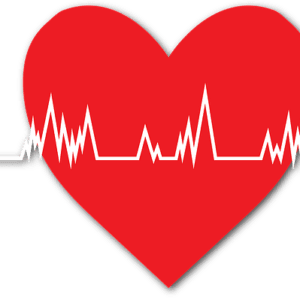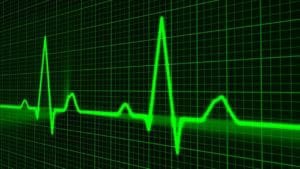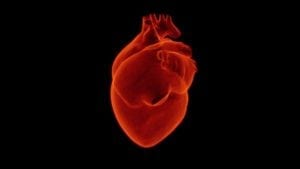Atrial Fibrillation (AF)
What is atrial fibrillation (AF)?
Atrial fibrillation is an irregular and often rapid heart rate that may increase the risk of stroke, heart failure, and other heart-related complications. Atrial fibrillation (AF) is the most common type of arrhythmia. There four different possible types of atrial fibrillation:- Occasional or paroxysmal AF, where symptoms come and go, lasting for a few minutes to hours and then just stopping
- Persistent AF, where the heart rhythm doesn’t return to normal on its own. Persistent AF may require treatment such as an electrical shock or medications
- Long-standing persistent AF, which is largely continuous and may last longer than a year
- Permanent AF, where the abnormal heart rhythm cannot be restored. Medication is required to control heart rate.
What are the symptoms of atrial fibrillation (AF)?
Symptoms of AF include the following:- Heart palpitations
- Weakness
- Reduced ability to exercise
- Fatigue
- Lightheadedness
- Dizziness
- Confusion
- Shortness of breath
- Chest pain
What causes atrial fibrillation (AF)?
Atrial fibrillation (AF) occurs when the two upper chambers of the heart experience chaotic electrical signals. Abnormalities or damage to the heart’s structure are the most common cause of atrial fibrillation. Possible causes of atrial fibrillation include:- High blood pressure
- Heart attacks
- Coronary artery disease
- Abnormal heart valves
- Congenital heart defects
- An overactive thyroid gland or other metabolic imbalance
- Exposure to stimulants, such as medications, caffeine, tobacco or alcohol
- Sick sinus syndrome — improper functioning of the heart’s natural pacemaker
- Lung diseases
- Previous heart surgery
- Viral infections
- Stress due to pneumonia, surgery or other illnesses
- Sleep apnea
How is atrial fibrillation (AF) diagnosed?
- Electrocardiogram (ECG). This test is a primary tool for diagnosing atrial fibrillation.
- Holter monitor. This portable ECG records heart’s activity for 24 hours or longer, which provides doctors with a prolonged look at heart rhythms.
- Event recorder. This portable ECG device is intended to monitor heart activity over a few weeks to a few months; activated when a fast heart rate is experienced.
- Medical test where sound waves are used to produce a video image of the heart
- Blood tests
- Stress test
- Chest X-ray
What are the treatments for atrial fibrillation (AF)?
Treatment for AF depends on how long one has had the condition, how severe the symptoms, and the underlying cause. Treatments include:- Electrical cardioversion
- Cardioversion with drugs
- Medications, including:
- Dofetilide (Tikosyn)
- Flecainide Propafenone (Rythmol)
- Amiodarone (Cordarone, Pacerone)
- Sotalol (Betapace, Sorine)
- Digoxin (Lanoxin)
- Catheter ablation
- Surgical maze procedure
Where can I find out more about atrial fibrillation (AF)?
Atrial Fibrillation (AF) Articles

Study of the Week: Atrial Fibrillation Likely Underdiagnosed in the US
James Moore
April 10, 2023
Read More »


Could Alcohol Consumption Increase AFib Risk in Young Adults?
Jessica Lynn
October 26, 2022
Read More »







